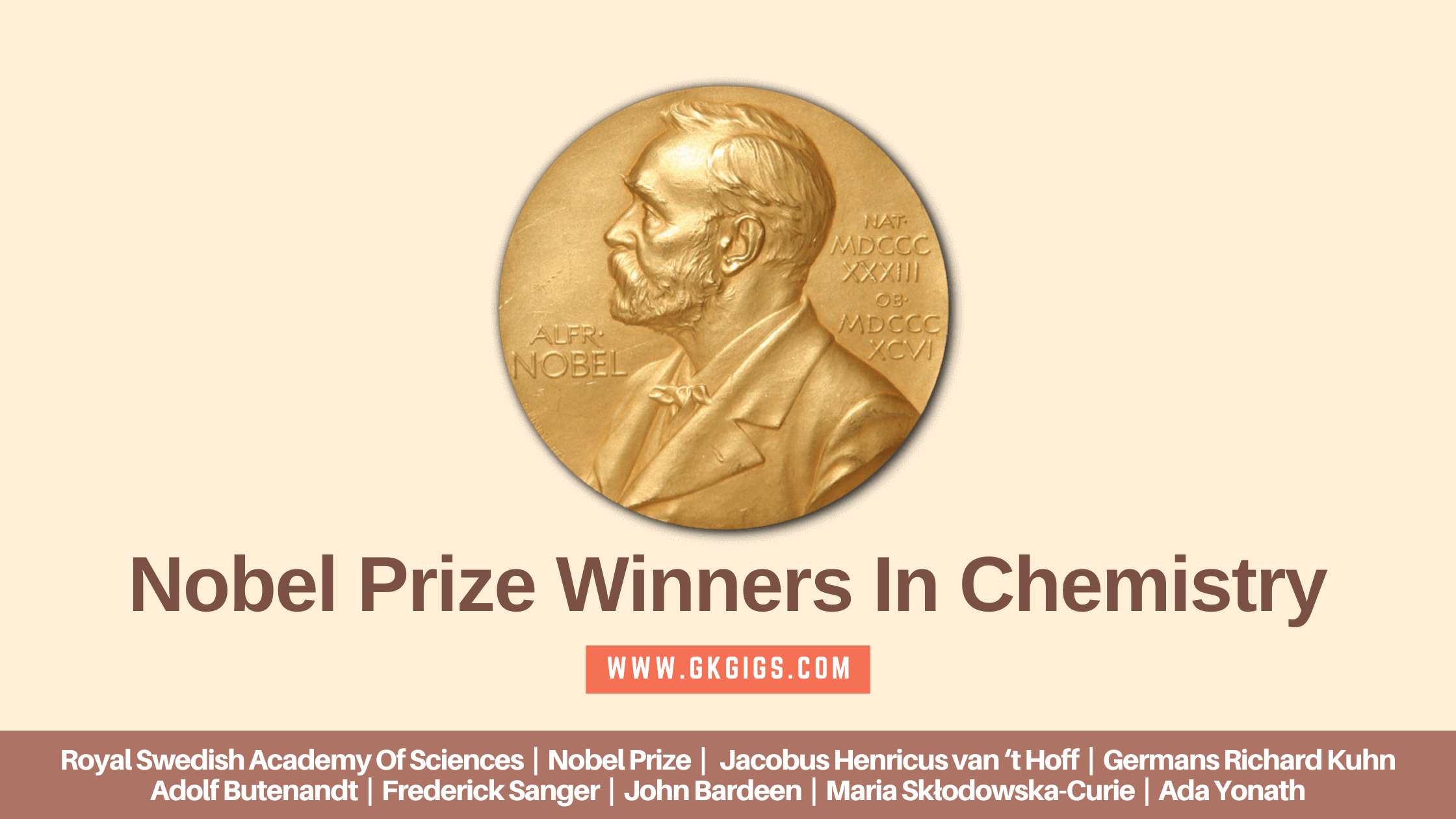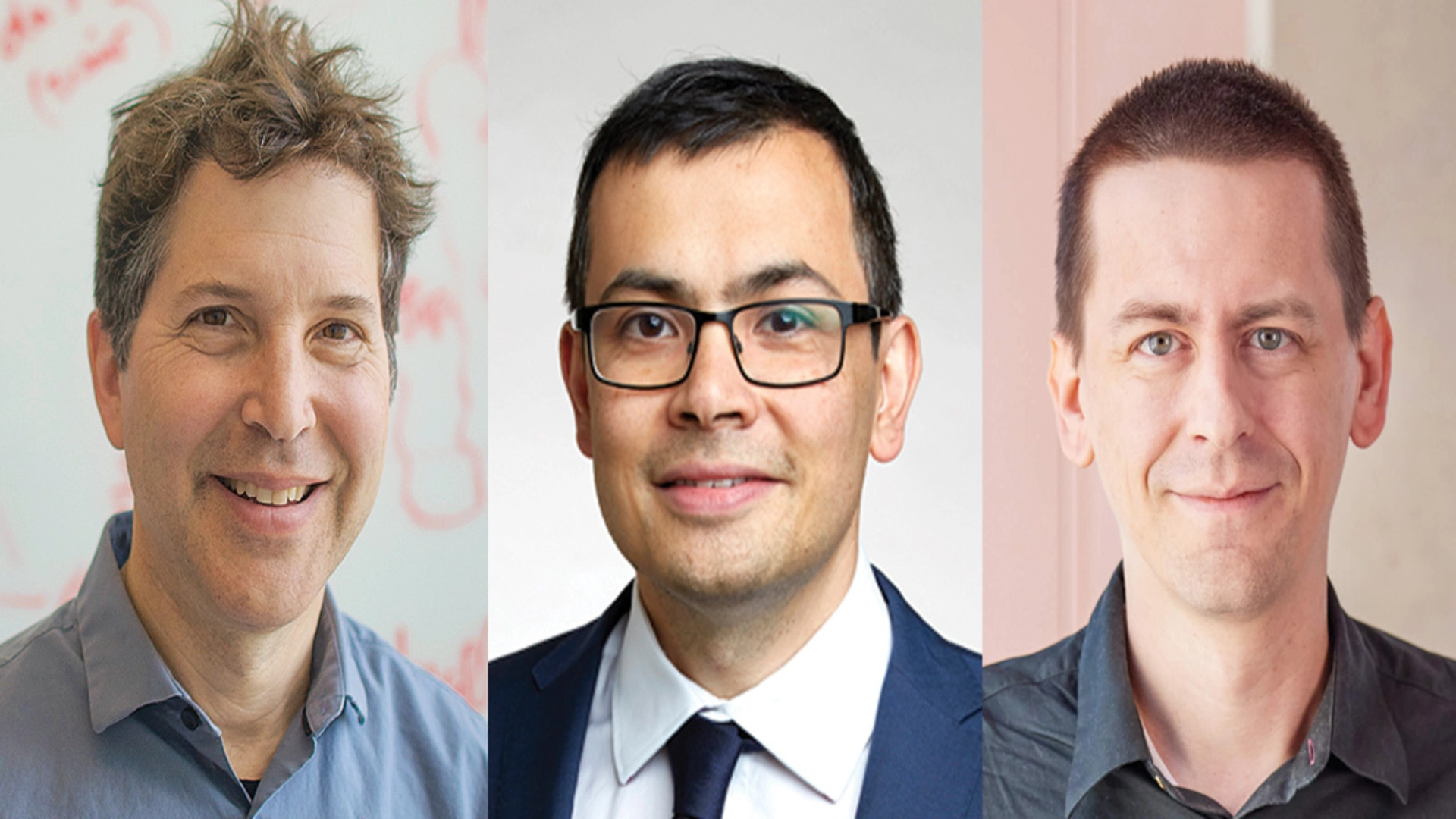UCL Alumnus and AI Innovator Wins Nobel Prize in Chemistry, Unlocking New Frontiers in Drug Discovery
Introduction:
The Nobel Prize in Chemistry 2023 has been awarded to John B. Goodenough, M. Stanley Whittingham, and Akira Yoshino for their groundbreaking work on lithium-ion batteries. The invention of this revolutionary technology has transformed modern society, powering our laptops, smartphones, and electric vehicles. However, the contributions of one of the laureates, John B. Goodenough, extend beyond battery science into the realm of artificial intelligence (AI), highlighting the intricate interplay between these two transformative fields.
Goodenough's AI Innovations:
After graduating from UCL in 1952, Goodenough embarked on a distinguished career spanning several disciplines. In addition to his pioneering work on solid-state physics and materials science, he became deeply involved in the development of AI. Goodenough recognized the potential of AI to accelerate scientific discovery and address complex problems in various domains, including materials science, chemistry, and energy research.
Goodenough's contributions to AI include the development of data mining algorithms, image analysis techniques, and machine learning methods. By combining his expertise in AI with his deep understanding of materials science, Goodenough aimed to create a new paradigm for materials discovery and optimization.
AI and Drug Discovery:
The intersection of AI and drug discovery offers immense promise for revolutionizing the healthcare industry. AI algorithms can analyze vast amounts of data, including molecular structures, biological pathways, and clinical trials, to identify potential drug candidates and predict their efficacy and safety. This can significantly reduce the time and cost associated with drug development, while also increasing the likelihood of success.
Challenges and Opportunities:
Despite the potential benefits of AI in drug discovery, there are also challenges to overcome. One concern is the need for interpretable AI models that can provide clear explanations for their predictions. Another challenge lies in the ethical implications of using AI in healthcare, including potential biases and limitations in decision-making.
However, the opportunities presented by the integration of AI and drug discovery are vast. AI-driven drug discovery platforms can accelerate the development of new therapies for a wide range of diseases, including cancer, neurodegenerative disorders, and infectious diseases. This has the potential to improve patient outcomes and transform healthcare systems globally.
Real-Life Examples:
Several real-world examples demonstrate the transformative potential of AI in drug discovery. Exscientia, a UK-based biotech company, has developed an AI platform that can design and synthesize novel drug molecules in a matter of days, significantly reducing the time and cost of traditional drug discovery. Insightec, an Israeli company, uses AI-guided focused ultrasound to non-invasively treat essential tremor, a movement disorder, offering a less invasive alternative to surgery.
Conclusion:
The Nobel Prize awarded to John B. Goodenough not only recognizes his pioneering work in battery science but also underscores the growing importance of AI in scientific research and innovation. The integration of AI into drug discovery holds immense promise for accelerating the development of new therapies and improving patient outcomes. While challenges remain, the opportunities presented by this transformative technology are vast, indicating a bright future for healthcare and scientific advancement.
Implications for AI and Drug Discovery:
The recognition of Goodenough's contributions to AI and its impact on drug discovery has several implications. Firstly, it emphasizes the need for continued investment in AI research and development, particularly in the context of healthcare. Secondly, it encourages collaboration between computer scientists, data scientists, and medical researchers to harness the full potential of AI in drug discovery. Finally, it raises important ethical and societal considerations that must be addressed as AI plays an increasingly significant role in healthcare.
In conclusion, the Nobel Prize awarded to John B. Goodenough is a testament to the transformative power of AI in scientific research and its potential to revolutionize drug discovery. As we continue to explore the intersection of AI and healthcare, we must embrace the opportunities it presents while carefully considering the ethical and societal implications to ensure that this technology benefits all members of society equally.
Read also:
Barcelona's Clasico Domination Extends With Triumphant Supercopa Win
Blazers Outgun Mavericks In High-Scoring Thriller
2024 NCAA Division I Women's Soccer Championship Selections Announced

